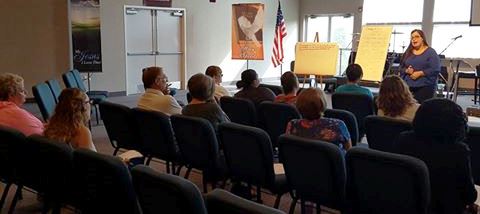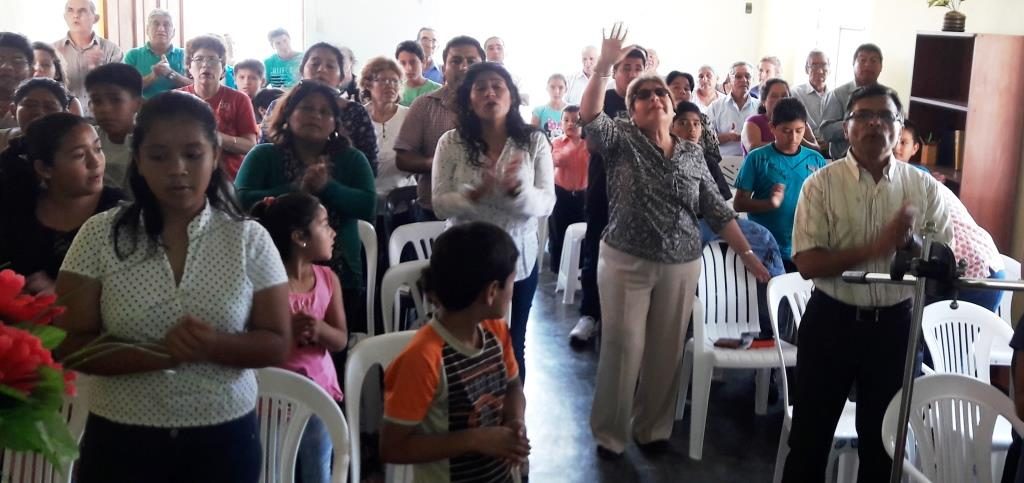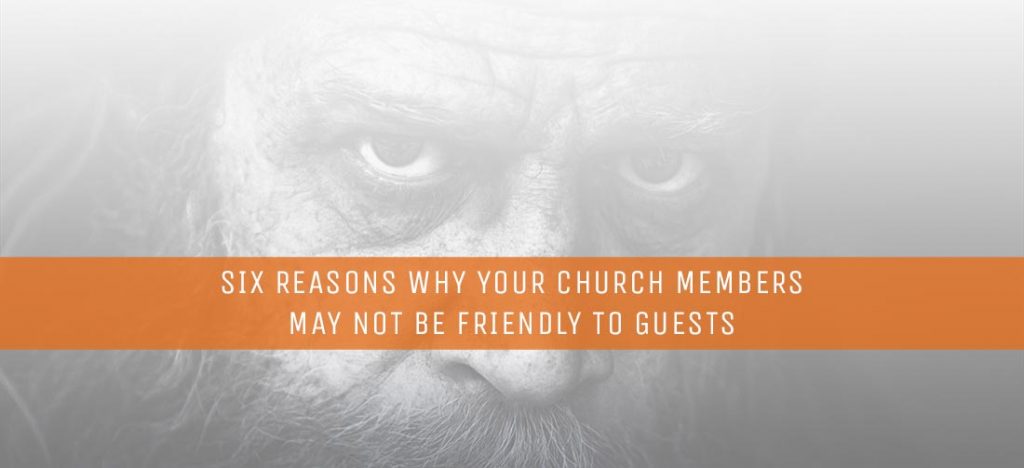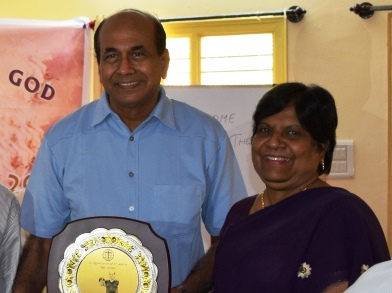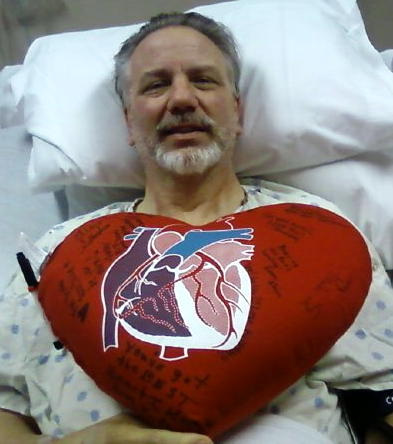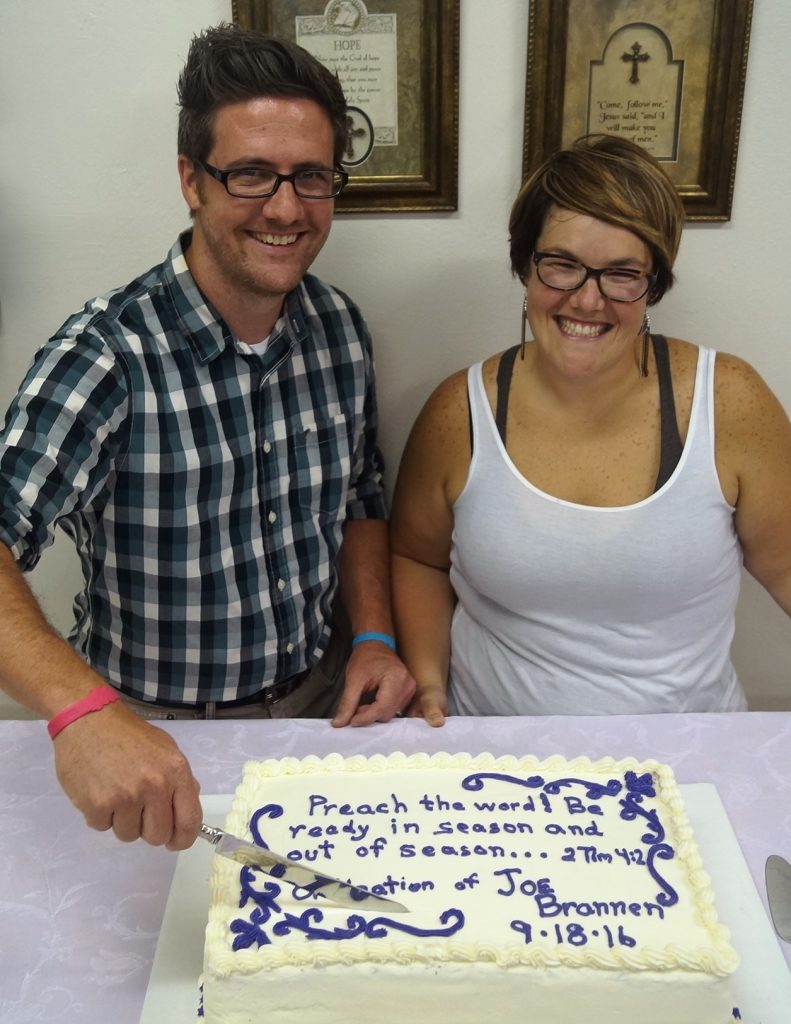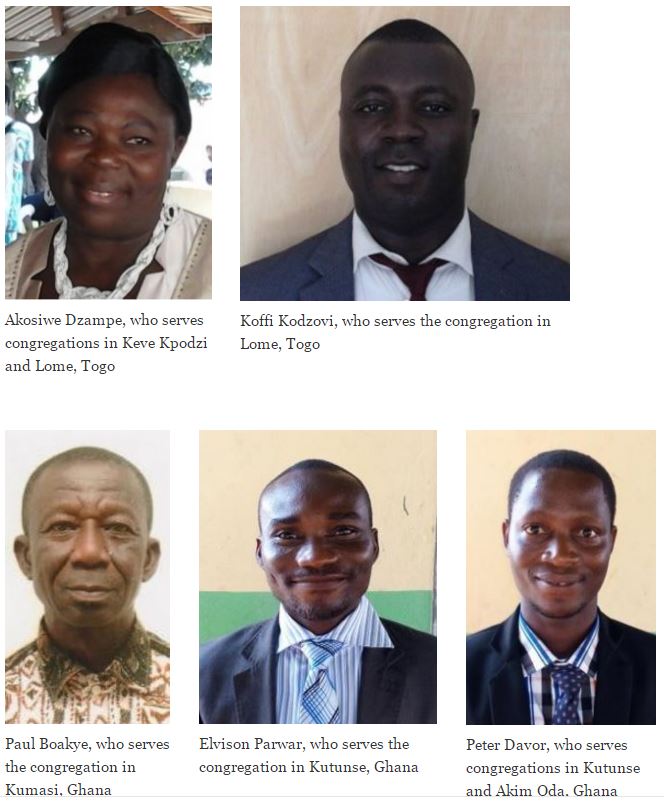Dear Brothers and Sisters,

Did my title get your attention? I’ve chosen to write about kissing, not to help you improve your marriage (though more kissing might help), but because the Bible talks about a holy kiss, and kissing is one of the most common things we do in life. We start kissing our children at birth, and often kiss people in their last moments. By God’s design, kissing has great power and value.
In the lyrics to the song “As Time Goes By,” popularized by Louis Armstrong’s record and the movie Casablanca (“Play it again, Sam”), song-writer Herman Hupfeld famously declares that “a kiss is just a kiss.” But as research in our day indicates, there’s much more to it than that.
You may have heard that about 400,000 tourists visit Cork, Ireland each year to kiss what’s called the Blarney Stone. Legend has it that if you bend over backward and kiss it, you’ll be rewarded with the “gift of the gab.” Though this is clearly superstition, and few of us would want to bend over backward to kiss a stone, as I note below, research shows that kissing is good for our health.
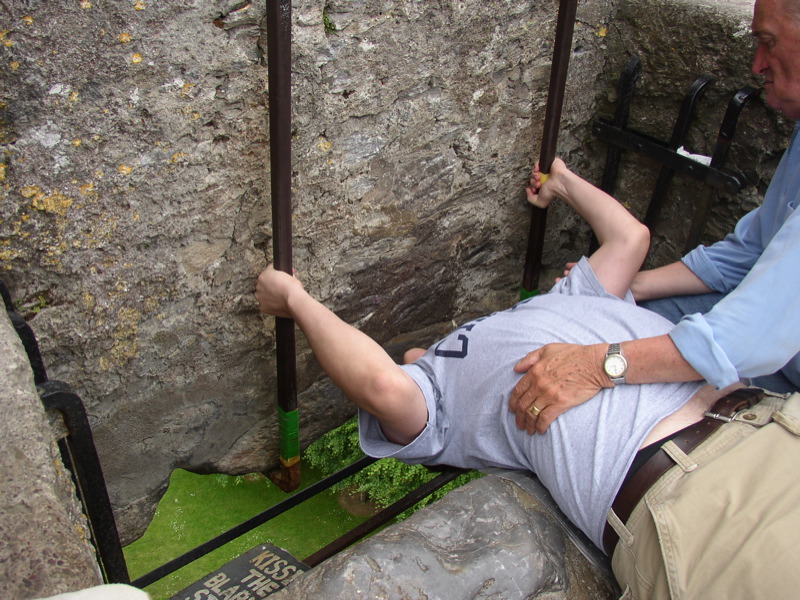
(public domain, Wikimedia Commons)
The anatomy and benefits of kissing
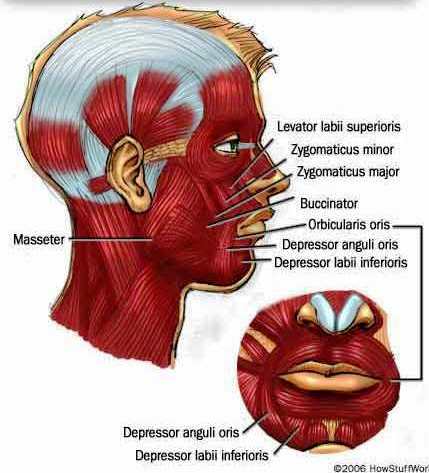
One study showed that the exercise involved in kissing helps prevent facial wrinkles. A “peck on the cheek” uses only about two muscles, but a full-on, passionate kiss can involve as many as 23 to 34 facial muscles and 112 postural muscles (note the diagram at left).
Other research indicates several other benefits: kissing three times a day significantly reduces your weight (kissing burns about 2-3 calories per minute); long, passionate kissing helps regulate your heartbeat and lower your blood pressure. Kissing strengthens the immune system, relieves aches and pains, and even prevents cavities!
Research also shows that men who kiss their wives before heading out to work live five years longer than men who don’t. Perhaps Italians get the greatest benefit here—though only about 50% of the world’s lovers are passionate kissers, 75% of Italians are (besame mucho!). Talk about “much kissing”—according to the Guinness World Book of Records, Ekkachai and Laksana Tiranarat of Thailand hold the record for the world’s longest kiss. They locked lips for a total of 58 hours, 35 minutes and 58 seconds!
The language of kissing in science and scripture
In the language of science, the study of kissing is called philematology and the person who studies it is called an osculologist. Perhaps those of us who enjoy studying the Greek and Hebrew words for kissing qualify as osculologists! The Hebrew word for kiss is nāshaq, also translated “brushing against” (as in the gentle contact of the living creatures’ wings in Ezekiel 3:13). The Greek words for kiss are phileō, philēma, and kataphileō. In the New Testament, the Greek verb phileō is usually translated love, but when associated with the strengthened form kataphileō (meaning kiss repeatedly, effusively), it’s translated kiss, and the noun philēma is always translated that way.
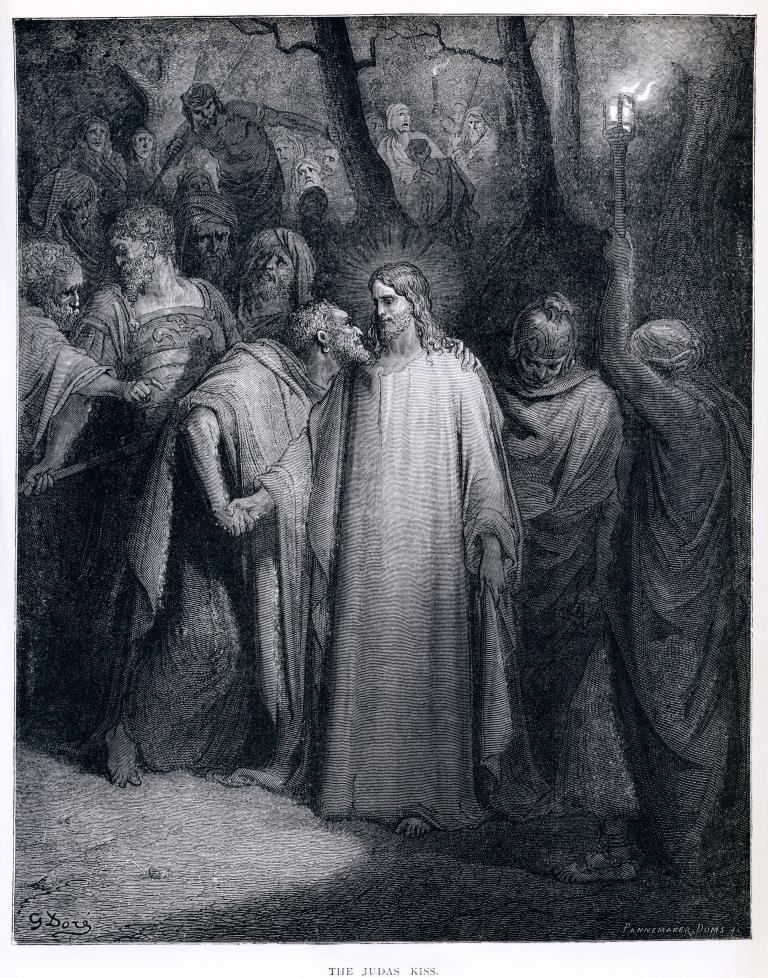
(public domain, Wikimedia Commons)
The apostle Paul refers to the “holy kiss” (en philemati haio) in four passages: Romans 16:16; 1 Corinthians 13:12, 16:20; and 1 Thessalonians 5:26, and the apostle Peter refers to the “kiss of love” (en philemati agapēs) in 1 Peter 5:14. The Greek words in these verses denote a kiss that is sacred—physically pure and morally blameless. Such a kiss is called “holy” to distinguish it from a sexual one, and from hypocritical and deceitful ones like Joab gave Amasa (2 Samuel 20:9), and Judas gave Jesus in betraying him (Matthew 26:49). In New Testament times, the holy kiss was a sign of greeting, much like our modern handshake. Commentator R. Kent Hughes puts it this way:
Paul’s injunction was brilliant. First, because to call another person “brother” was a breach of Roman protocol, as it was unlawful to call people brothers or sisters who were not of one’s family. Thus the everyday language of Christianity asserted that Christians were family in spiritual relationship. Second, the kiss was an expression of affection among family members—a token of deepest relationship and unity. (Preaching the Word: 2 Corinthians—Power in Weakness)
We’re part of one, spiritual family
Though I’m not suggesting we give up shaking hands and start holy kissing each other when we meet, I do think we should give thought to the meaning behind what Paul calls the holy kiss and what Peter calls the kiss of love. We’re part of a spiritual family. As brothers and sisters in Christ, we love each other as family and treat each other as family, valuing our relationships and unity. As we spend time together, we affirm each other and we encourage each other—iron sharpening iron, together.
Together we worship the one, triune God
One of the Greek words used for worship in the New Testament and Septuagint (Greek translation of Old Testament) is poskuneou, which is translated kneel down, bow down, bend one’s knee, prostrate, pay homage, fall down in reverence, and occasionally, kiss or adore. Nelson’s New Illustrated Bible Commentary defines the word as, “literally, to kiss toward someone, to throw a kiss in token of respect or homage.” This definition may suggest to many of us what we call “blowing a kiss.” I remember when my two children were very young and would blow a kiss to Tammy or me. That was over 25 years ago, but I remember it as if it was just yesterday.
It’s a pleasant thought to consider that when we worship the one, triune God, we are bowing our hearts in reverence to him, and in that sense, “blowing a kiss” toward God in recognition of his greatness and holiness. In worship we express our love, appreciation and respect toward our God, and that, dear family, is a real holy kiss!
Delighting (on multiple levels) in God’s gift of kissing,
Joseph Tkach
______________
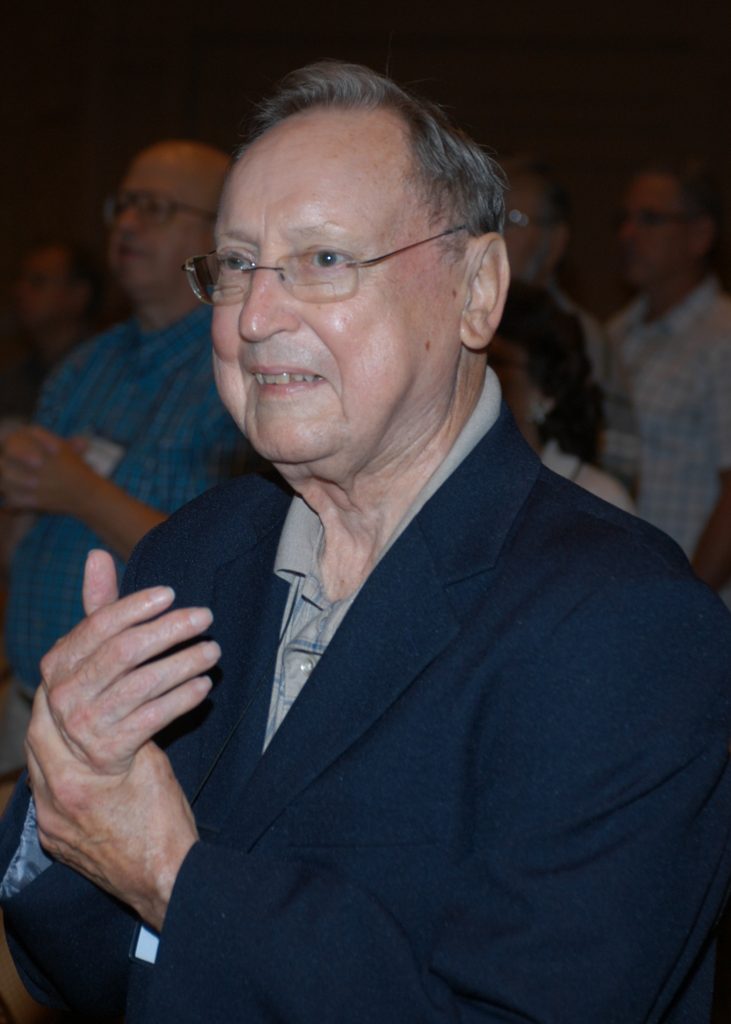
PS: Our thoughts and prayers are with our friend Dr. John McKenna, one of the professors at Grace Communion Seminary. Despite his recent health struggles, John is writing a book on Genesis, and is further developing his earlier work on the sixth-century Alexandrian scientist, Coptic Christian John Philoponus. Dr. McKenna’s focus is on how Philoponus’ impetus theory concerning the dynamic nature of light, relates to the singularity theory of the hot big bang black hole beginning that is posited by physicists and cosmologists in our day. Philoponus’ revolutionary insights were grounded in his understanding of the triune God as uncreated light with us. Because Dr. McKenna’s work on Philoponus is highly regarded by the Christian Coptic Church, one of their scholars recently sent John this note of appreciation:
Dear Dr. McKenna,
Your heroic sacrifices to defend our beloved Johannes Philoponus will never be forgotten, and for your name to shine for 13 million Copts in Egypt and 2 million in the Diaspora, we have a plan to translate your Arbiter book into Arabic, so that all Copts will forever pray for those who stood with the truth of John’s faith.
I am also in Cairo, as our first project has just started, translating Christ in Christian Tradition, The Church of Alexandria, with Nubia and Ethiopia, after 451. It would be completed next June. I sincerely hope that all I wrote about John transmits the brilliance and diffuses the fragrance of your research, restoring the orthodoxy of his Alexandrine faith confession.
Joseph Badir

